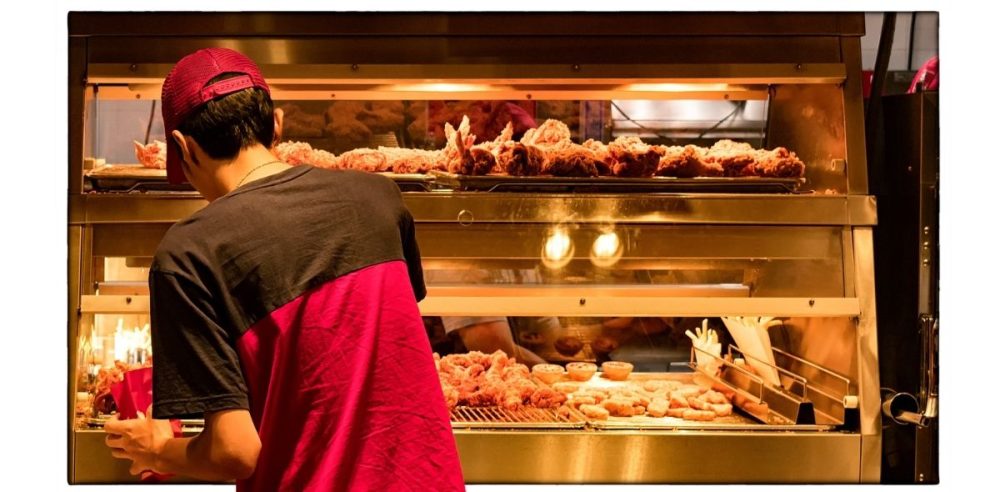As presidential candidates reflect on their early fast-food jobs, more people are reconsidering the potential career benefits of flipping burgers.
While working in fast food might seem like a basic job, those who start in these roles develop essential skills that serve them well across many industries. From former McDonald’s employees like Rep. Marcia Fudge to business leaders, fast food experience has often been a surprisingly valuable launchpad, Fudge told The Hill.
One key skill learned in fast food is work ethic.
These jobs are physically demanding, requiring employees to stand for hours, manage high volumes of orders, and keep up with a fast pace. Consistent expectations for punctuality and meeting daily targets reinforce discipline, shaping a strong, dependable work ethic that employers value across fields.
Working in fast food also builds interpersonal skills.
Employees learn to communicate effectively with customers and colleagues, sometimes in challenging situations. Managing a variety of personalities and addressing customer needs fosters strong communication abilities that later prove invaluable in more senior roles.
Another skill developed in fast food is teamwork.
High-stakes moments, like handling a rush of orders, depend on effective collaboration. Fast food workers quickly learn how to coordinate with teammates, ensuring each part of the order is ready on time. This builds a foundation for working well in groups in other settings.
Time management is another vital takeaway from fast food work.
Employees must handle several tasks at once, balancing speed with accuracy. This experience teaches valuable skills in task prioritization and efficiency, which are highly beneficial in roles where deadlines and multitasking are the norm.
Lastly, fast food work fosters adaptability.
With frequent menu changes, new technology, and shifting customer demands, employees learn to adapt and stay calm under pressure. Handling change without missing a beat is a strength in any career.


